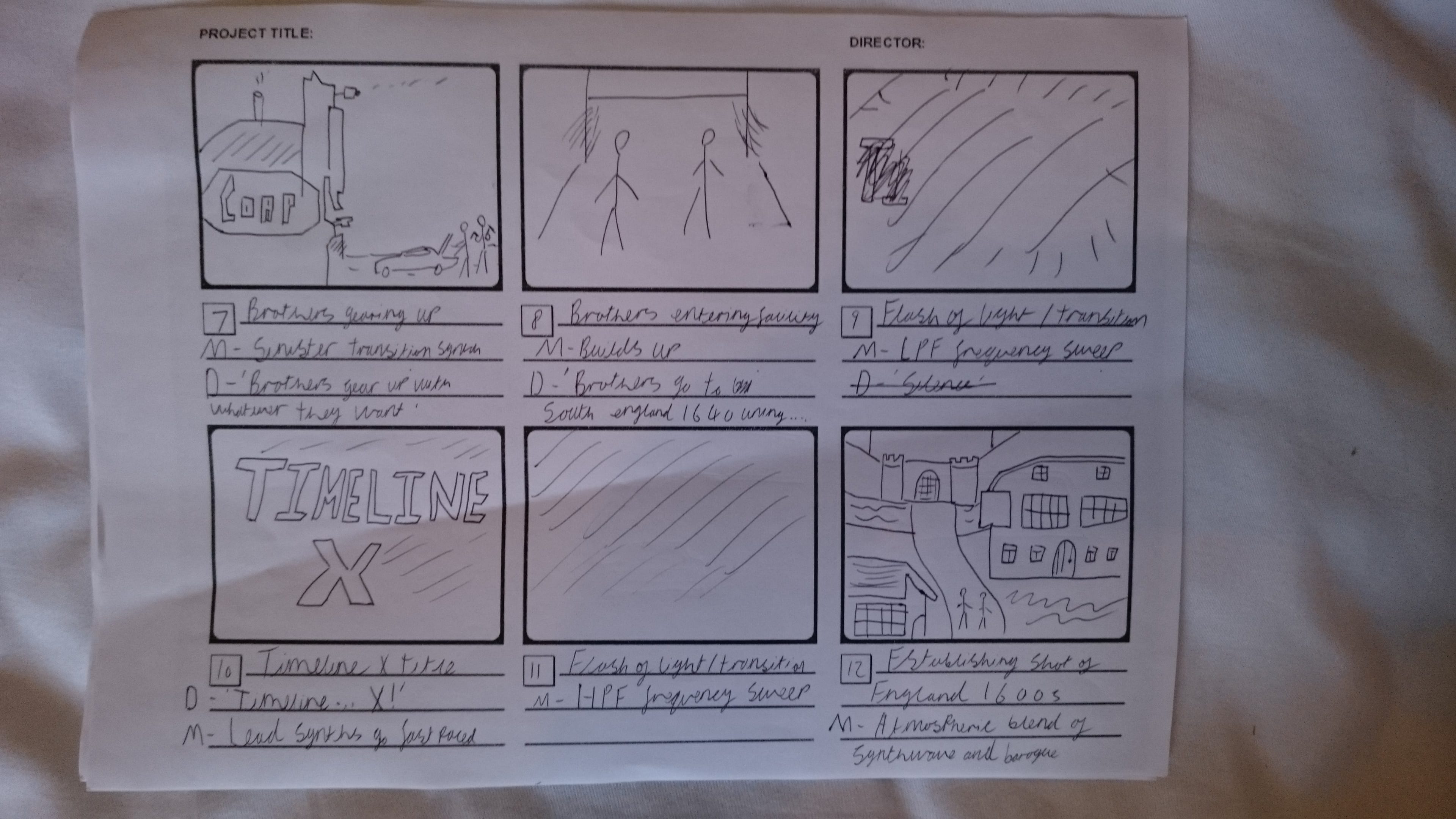This week me and my 3rd year Audio production course received a guest lecture by Lol Hammond. Lol Hammond is a music supervisor at Vertigo Films and music producer. Lol has worked on films such as Bronson, Monsters and It’s All Gone Pete Tong and released records with the Drum Club, Roger Eno and Chris Coco. Lol began the lecture by introducing himself and talking about how he was a DJ and club owner and was approached to do a cameo for a short film. The cameo allowed Lol to network with indie film directors and supervise music for various indie film projects leading to his role of music supervisor at Vertigo films.
Lol pointed out various terminology within his job including the 2 different types of tracks when working on a film. These two types of tracks are source tracks and composed tracks.
Source tracks are finished songs and if Lol wants to use finished songs for his soundtrack he will typically find the master recording through the record company and negotiate a price for the song. Lol stated that songs typically cost £1500-2000 to £4000 each side of the record. When Lol negotiates for source tracks he makes sure they are ‘in perpetuity’ meaning they last forever. Lol makes sure his source tracks are in perpetuity to avoid any copyright issues that only allow use of a source track for a select amount of time.
Composed tracks are original pieces of music that are made to accompany a film and Lol let us know that the same principles of negotiating a fee and in perpetuity apply to composed music. The negotiating cost for composers is typically cheaper than source tracks. Lol usually watches the film to get a feeling then hears a composer that comes to mind and, as a result, never usually works with the same composers. For many films Lol has worked on he told us that composers tend to work around source tracks.
Lol explained that when it comes to choosing music he goes on set and watches a 2 hour assembly cut of the film without music to get a feel. Getting a feel for the film then allows Lol to make creative decisions.
Lol expressed how working with colleagues requires diplomacy because there can be creative decision clashes between Lol and colleagues such as the director, actors and mates of colleagues. For Lol to make his creative decisions he prefers outsiders or anyone who doesn’t have expertise working with music for film to not get involved. Lol gave the example of a friend pushing a reggae track onto an action movie which from Lol’s perspective didn’t fit the feel of the film whatsoever. Lol made it clear that diplomacy is essential to putting your points across colleagues without being too pushy, laid back or condescending.
In terms of editing source tracks Lol talked about how an artists can be repulsed if different elements of the track are split for the film. Lol continued to say how when the vocals and instrumental elements are split and queued for select parts in a scene that sometimes the artist is offended that their complete track has been misused by their standards.
Lol pointed out that as music supervisor he has worked on a range of film project and, as a result has had to be versatile with unfamiliar music areas. One example Lol pointed out was having to work with Latvian Jazz which seemed daunting but is ultimately part of the job.
Lol ended his lecture by stressing the importance of working from the ground up by working on small projects like pop promos and short film and really utilizing web 2.0 as a distribution platform. Lol quickly opened up to any quick questions. I asked Lol how he works out the balance between composed and source music to avoid clashes between the two. Lol responded that the focus tends to be on composed or source music and that whatever the focus is the other music component supports that. Lol continued to stress the importance of choosing composed or source music as a skill that requires creativity. Another student asked what Lol what he does if a client asks for a song. Lol responded that 95% of the time he goes to Universal, Warner or Sony to negotiate a fee.
I learnt a range of valuable advice,terminology and insider knowledge that applies not only to working as music supervisor but any other job within the cultural industries. In terms of advice I learnt that it’s essential to be versatile with unfamiliar areas eg Lol working with Latvian Jazz, To be diplomatic to a point where your colleagues or outsiders aren’t doing you job for you and to begin building my portfolio by working on small projects like pop promos and short films then distributing it via web 2.0. In terms of terminology I learnt the term ‘in perpetuity’ which is essential for negotiating a track that will last forever. In terms of insider knowledge I learnt that choosing music for film is a skill and creative decision making process that requires you to get a feel for the film and be diplomatic amongst colleagues.


